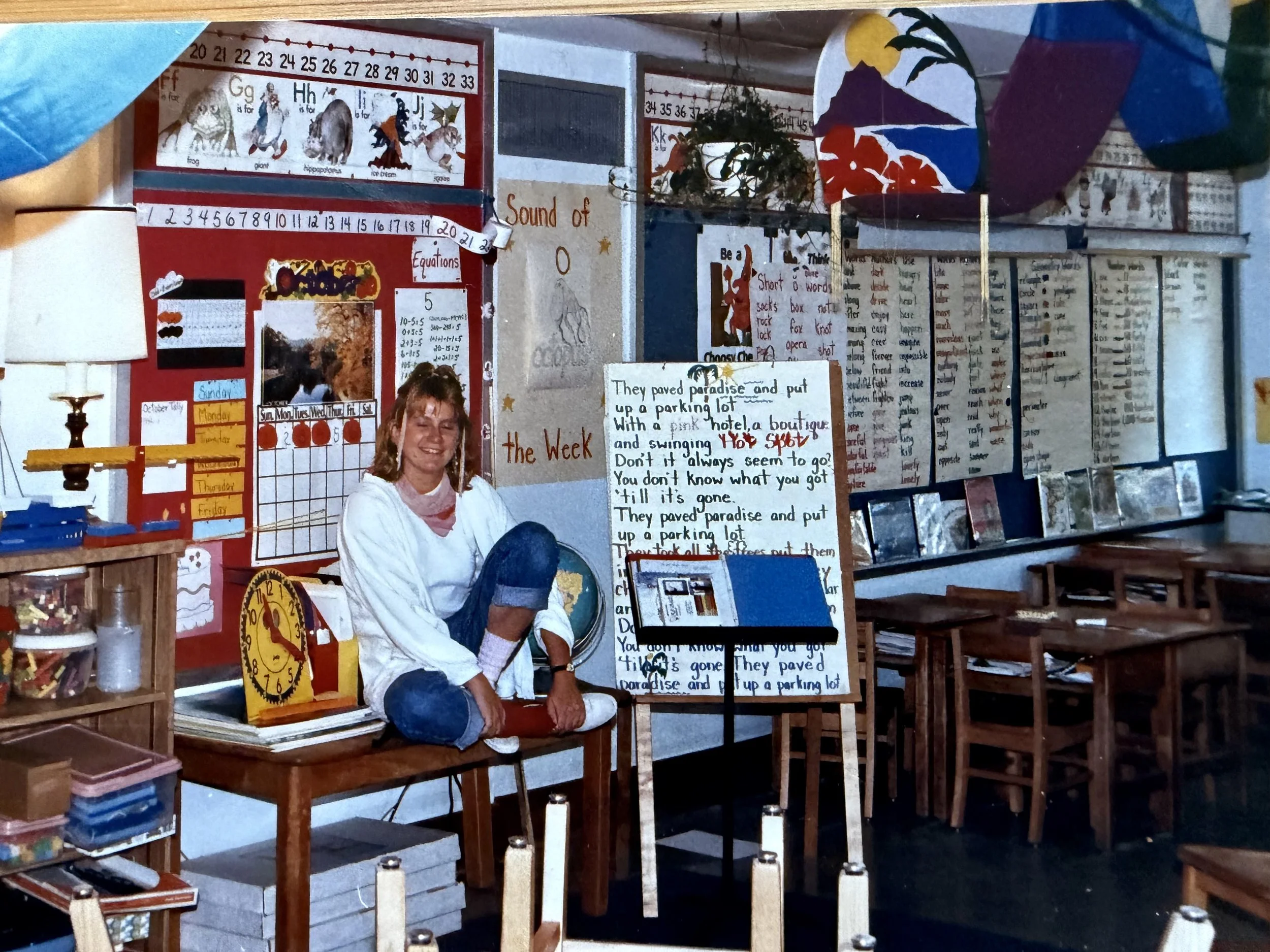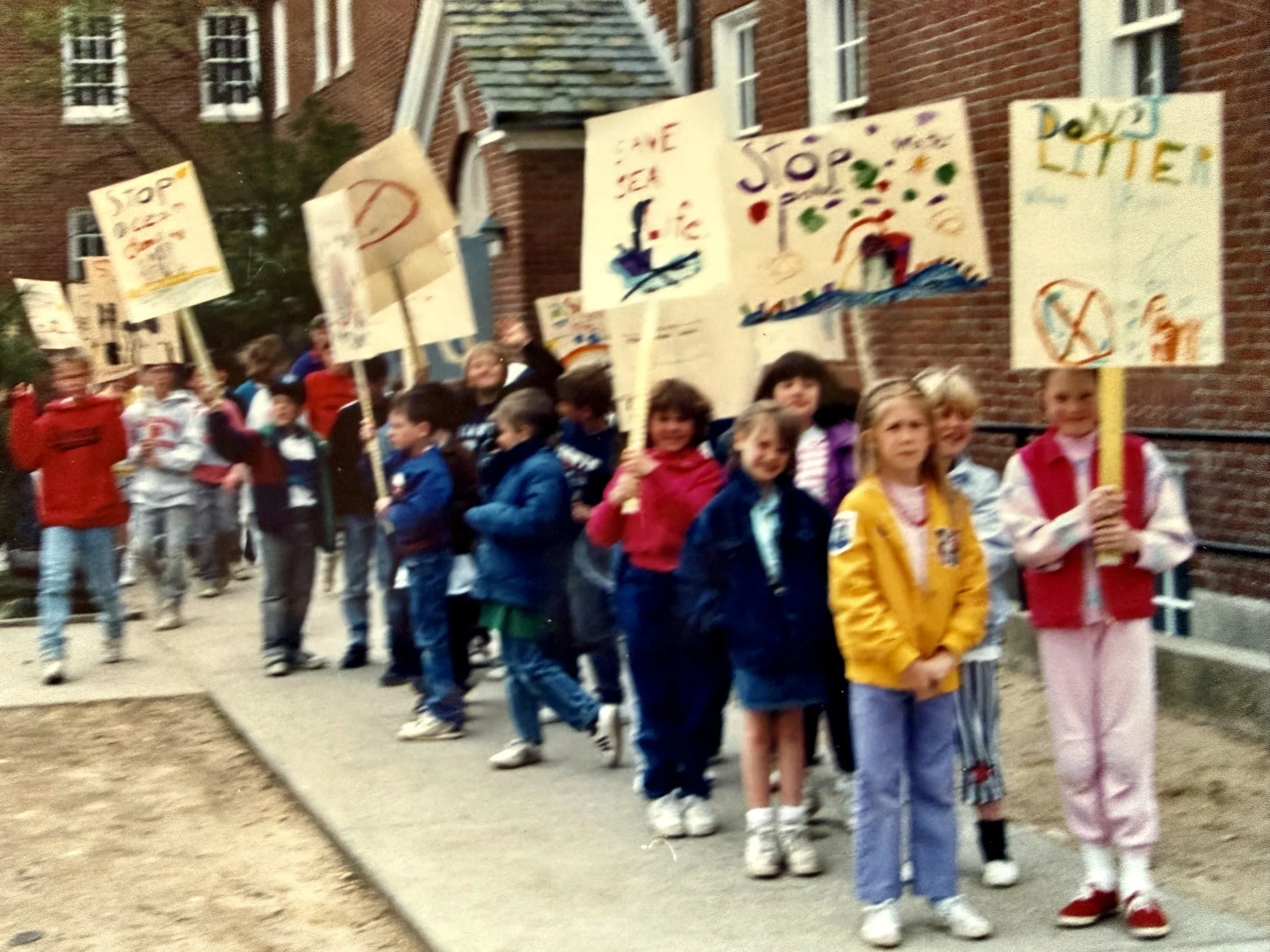Words That Linger
My second grade classroom nearly 40 years ago-so much joy in teaching!
The fallen leaves have created a crisp carpet for my morning walks and I’m instantly reminded of a line from a children’s poem by Lilian Moore -New sounds to walk on today, dry leaves talking in hoarse whispers under bare trees – so clever and so true. And when it’s raining, I hear - “Let the rain kiss you, let the rain beat upon your head with silver liquid drops” - the start of ‘April Rain Song’ by Langtson Hughes. And each day my daughter and I have walked along the ocean I have shared this poem-‘Until I saw the sea, I did not know, that wind could wrinkle water so….’ Another by Lilian Moore. I’m wondering if those words have attached to her soul like they have to mine. Words are powerful – they create the backdrop of our lives- we hear them, we hold them, we walk with them.
There was a poem that my mother carried with her all of her life -I think it was tucked halfway between her heart and her soul- she loved to recite it to us near bedtime or perhaps anytime. Bed in Summer by Robert Louis Stevenson-the first stanza was-
In winter I get up at night
And dress by yellow candle-light.
In summer, quite the other way,
I have to go to bed by day.
And when she would recite it to me, I could feel it’s magic-that’s right-that’s how it works. Words create a structure that holds and rocks and cradles our lives. A web that transcends time. As mom aged, we would take evening drives to the sunset at Long Beach. As we approached the fiery sky, each and every time she would quote the first line from the 19th psalm "The heavens declare the glory of God; and the firmament sheweth his handywork". This bit of poetic scripture was handed down to her from her mother -one of the only things remaining – and those few words, locked in her memory, wove together the connection that bridged time and space and mortality.
In middle school we were asked to memorize poems, sonnets, prose- to recite in front of our class. I imagine many of you remember doing the same. At the time it seemed a futile use of time and felt like a pure exercise in overcoming nerves and stage fright. Yet the texts and strong rhythmic patterns have stayed with me forever and I often pull them forward when doing a mic check. “Tomorrow, and tomorrow, and tomorrow creeps in this petty pace from day to day, to the last syllable of recorded time; And all our yesterdays have lighted fools the way to dusty death….”
When I was teaching, we were so lucky to have a poet, author and educator Georgia Heard work with us in our classrooms - demonstrating ways to enhance literacy through the use of poetry, song and chant. Teaching reading was celebrated with color and words and rhythm and the excitement of learning. It was a time that some may refer to as ‘Whole Language’ a step adjacent to the path of Dick and Jane, Spot and basal readers - long vowels and short vowels and workbooks. It was a literary door that let light and magic in.
As teachers, this path was filled with enthusiasm and life as we would gather in a classroom after hours and together create colorful charts of songs and chants and poetry – armed with Mr. Sketch chisel tip markers and a collective joy of teaching. The classroom took on a great breath of fresh air. We were reminded of the beauty of language and the power it has in our lives and the lives of our students. Teaching writing became an authentic expression of life itself -what lived and breathed in the hearts of our students - and not solely a construct of rules, instructions and writing prompts. It tapped into the soul and reminded us all of the depth and individual experiences living there.
Words and poetry continue to hold a vital place in my life- songs that my fingers instantly go to on the fretboard of my guitar without a conscious thought attached - songs that have companioned me through life - and in the many poems and prayers and readings I wander through each week when creating a Sunday service. It is my hope that the beautiful use of language doesn’t wear thin in a world of cell phones, laptops and AI. That the feel of a book in our hands and the exchange of print and meaning remains a defining part of human existence. That children continue to grow with the magic of words as food and fodder for life that attaches them to the beauty of all of creation. For as poet Mary Oliver once queried – “Tell me, what is it you plan to do with your one wild and precious life?”


